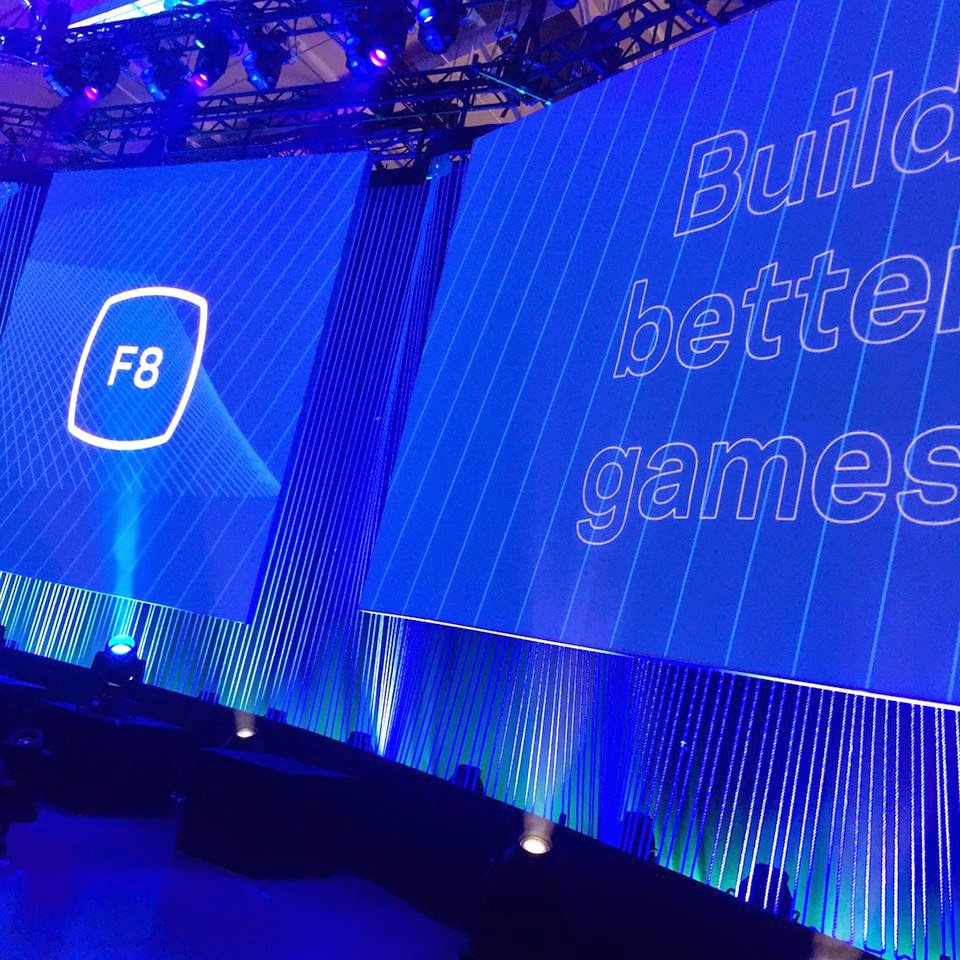Facebook Quietly Launches Ads API for ALL Developers
Some amazing things have been announced at Facebook’s annual developer conference, F8, going on yesterday and today in San Francisco. From new apps for Facebook Messenger, to a platform for Internet of Things, to one of the most amazing explanations of the value of virtual reality I’ve ever seen, Facebook has by far made up […]
Read more...No Known Solutions In Sight for Copyright Issues or Monetization for Facebook Video
At Facebook’s now annual F8 developers conference, 2 issues seemed to be on the mind of developers and content creators in the audience of their “What’s New With Facebook Video” session: copyright infringement and in-video monetization. But when asked about it, Facebook seemed mute. Among the features launched at Facebook F8 this year was the […]
Read more...